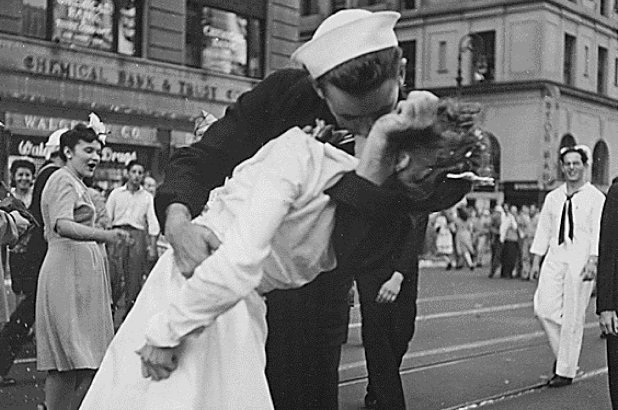Because an “income share agreement” shifts the risk from the student to the school, schools must screen students carefully for those who are highly motivated to succeed. There is a slippery slope inherent in this approach. The burden of educating students is shifted from government to the private sector, along with all the benefits. To what extent will this model become dominant in education? What will happen to students who are not motivated enough to receive an education? Will the length of time the student is indentured increased to offset the greater risk? Are certain students favored with greater educational benefits than others because of an entrepreneur’s “gut” feeling? There are any number of questions we need to answer.
The biggest question is why this is called a new educational approach. After World War II returning veterans were given tuition and living stipends for any school that admitted them. Congress established G.I. Bill, in part, to mitigate the negative effects on the economy of an influx of returning veterans seeking jobs. Those who received their educations through the Bill were able to pay higher taxes. Many of the veterans moved into the middle class and became community leaders. Society fronted these veterans their education and then received part of the benefits. The only thing new about Income share agreements is that entrepreneurs rather than society receive the benefits.
